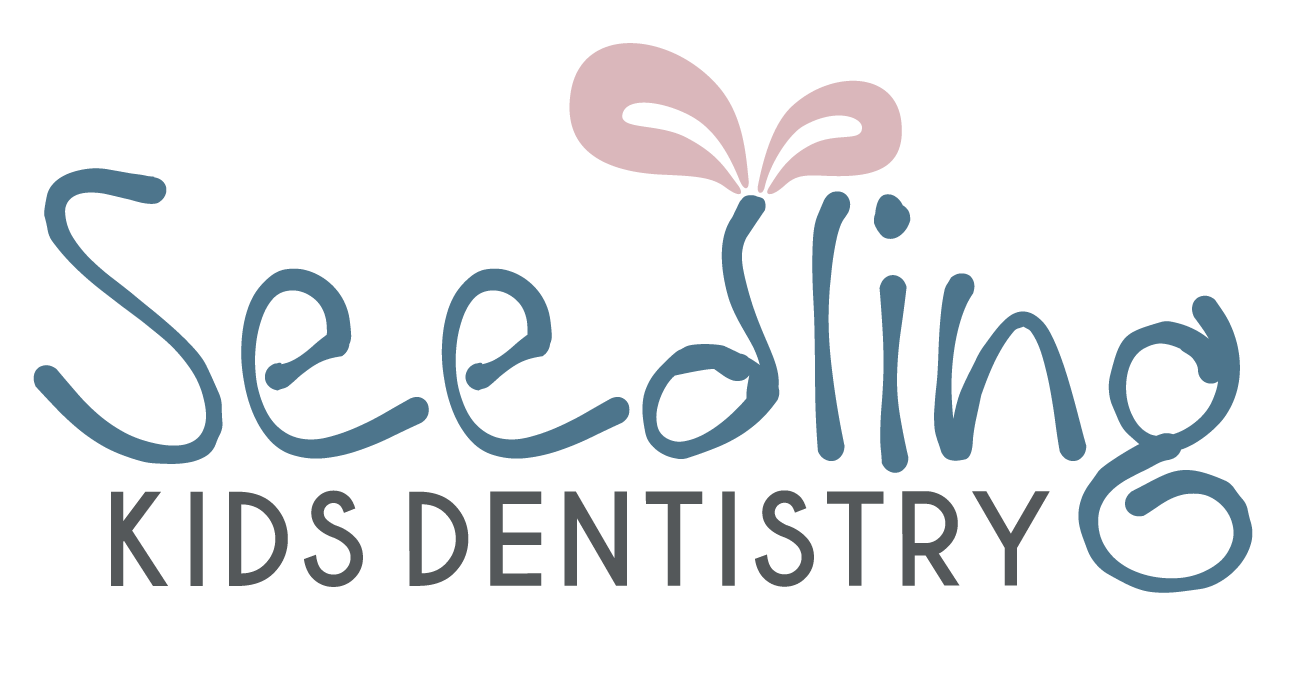Why Baby Teeth Matter More Than You Think
When three-year-old Lia first came into our office, her parents admitted they weren’t sure if early dental care was necessary. “They’re just baby teeth,” her dad said with a sheepish grin. “Don’t they just fall out?” But when we examined Lia’s mouth, we saw a different story: a few small cavities and signs of enamel wear that could have been avoided. That visit became the start of a new conversation about why primary teeth play a much bigger role than most people realize.
As a parent, it’s natural to focus on the permanent teeth that will carry your child into adulthood. But those tiny first teeth—also called primary teeth—are far from temporary placeholders. They’re the foundation for healthy smiles, confident speech, and proper nutrition.
What Baby Teeth Actually Do
At Seedling Kids Dentistry in San Francisco, we often explain that baby teeth are like the “training wheels” of oral health. They help your child learn how to chew efficiently, pronounce words clearly, and hold space for the adult teeth developing below the gums.
They guide permanent teeth into place. Each primary tooth serves as a placeholder. If a baby tooth is lost too early—whether from decay or injury—neighboring teeth can drift into the gap, making it harder for the permanent tooth to erupt properly. This can lead to crowding or misalignment that might require orthodontic treatment later.
They support proper nutrition. Painful or missing teeth can make it harder for children to eat a balanced diet. Crunchy vegetables, proteins, and other nutrient-rich foods require strong, healthy teeth.
They influence speech development. Certain sounds depend on tooth placement. Gaps or damage to front teeth can impact how a child speaks, potentially leading to speech delays.
They build confidence. A healthy, complete smile encourages kids to speak, laugh, and interact without hesitation. Early dental problems can affect self-esteem and social comfort.
The Connection Between Baby Teeth and Lifelong Health
It’s not just about what happens while those baby teeth are in the mouth—it’s about what they mean for the future. Early childhood cavities can spread quickly and may require restorative work, even on primary teeth. If left untreated, decay can affect the underlying permanent tooth buds and even lead to infections that spread beyond the mouth.
We’ve seen children who developed a fear of the dentist after needing emergency treatment for neglected baby teeth. On the flip side, we’ve also seen children like Lia—who, after receiving gentle, preventive care—transitioned into their school years with healthy habits and no fear of dental visits.
Preventing Problems Before They Start
At our San Francisco pediatric dental practice, we believe prevention is always better than treatment. Here’s how we help parents protect those important baby teeth:
Regular checkups: The American Academy of Pediatric Dentistry recommends a first dental visit by age one, followed by visits every six months. Learn more about our preventive care approach.
Professional cleanings: These visits remove plaque in hard-to-reach spots and allow us to catch early signs of trouble. More about our dental exams and cleanings.
Fluoride treatments: Strengthens enamel and helps prevent decay. See our fluoride page for details.
Dental sealants: These protective coatings shield the grooves of back teeth from bacteria and food particles.
A Patient Story: From Uncertainty to Confidence
When Lia’s parents first learned she had cavities, they were surprised—and a little worried. We walked them through the treatment process, focusing on comfort and positive reinforcement for Lia. Within a few visits, her cavities were restored, and she left with a bright, healthy smile.
More importantly, Lia’s parents embraced preventive habits at home: brushing twice a day with fluoride toothpaste, limiting sugary snacks, and making dental visits part of their family routine. Two years later, Lia still has a cavity-free smile, and dental visits are no longer something to dread.
FAQ: Common Questions About Baby Teeth
When should I schedule my child’s first dental visit?
At our practice in San Francisco, we recommend a first visit by your child’s first birthday—or within six months of the first tooth appearing. This early start helps us guide you on home care and catch any potential issues before they progress.
Do cavities in baby teeth really need to be treated?
Yes. Untreated decay can cause pain, infections, and even affect the permanent teeth developing underneath. Early treatment keeps your child comfortable and healthy.
What can I do at home to protect my child’s baby teeth?
Brush twice a day with a small, soft-bristled toothbrush and fluoride toothpaste (about the size of a grain of rice for under age 3, pea-sized for older kids). Encourage water over sugary drinks and limit sticky snacks.
Are baby teeth more prone to cavities than adult teeth?
They can be, because their enamel is thinner. That’s why early and consistent preventive care is essential.
What if my child loses a baby tooth too early?
We often recommend a space maintainer to keep the gap open for the permanent tooth. This prevents shifting and potential crowding later.
Your Role as a Parent
Your involvement is the most powerful tool in your child’s oral health journey. Children learn by example—when they see you brushing, flossing, and prioritizing dental visits, they’re more likely to develop lifelong habits. Even small steps, like making toothbrushing a fun family routine, can set the tone for a lifetime of healthy smiles.
Our Commitment at Seedling Kids Dentistry
We see every child’s smile as a seed with the potential to grow into something strong and beautiful. Protecting baby teeth is part of nurturing that growth. Dr. Noyan and our team are here to provide gentle, personalized care, whether your child is here for their first visit or a routine checkup.
If you’ve been wondering when to start or how to care for your child’s first teeth, now is the perfect time to take that next step. Schedule an appointment today and let’s work together to give your child the healthiest start possible.


